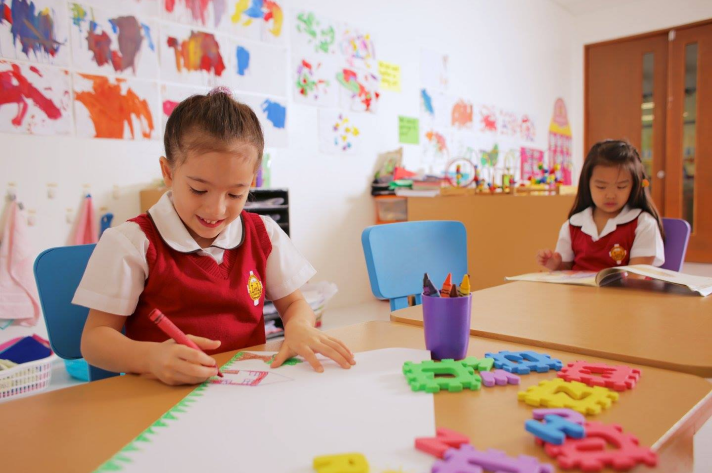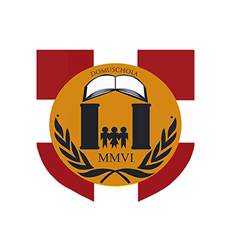
- August 22, 2024
- Admin
- 0
Why Montessori Education is Ideal for Early Childhood Development
Montessori education is a creative approach to early childhood development, focusing on nurturing the child’s complete personality. Recognising that the early years are crucial for laying the framework for continuous education, the Montessori approach stresses hands-on, self-guided activities that meet each child’s innate curiosity and growth phase. This article discusses the importance of Montessori education for young minds and shares how it boosts confidence, skills, and compassion.Why Choose Montessori Education for Your Child?
Opting for early childhood education Montessori for your kid provides an exciting and enriching experience that promotes natural growth. Montessori classrooms allow kids to learn and explore their chosen fields. Individualised learning fosters independence by encouraging students to take charge of their education. Montessori education fosters critical social skills by encouraging children to collaborate, resolve problems, and take in various perspectives.Furthermore, the Montessori approach stresses holistic development with a structured environment that promotes hands-on learning, engages children, and stimulates curiosity. Your kids are academically prepared and equipped with the abilities needed for lifelong learning. When parents choose Montessori education, they invest in a supportive atmosphere that prepares their children to be confident, self-motivated learners capable of thriving in an ever-changing world.Importance of Montessori for Early Childhood Development:
The Montessori methodology is vital in early childhood education as it fosters enthusiasm for learning and promotes holistic growth. Listed below are some ways it creates a solid basis for future academic performance and personal development at Montessori schools in Manila.Child-Centred Learning:
The Montessori method stresses learning suitable to each child’s interests, pace, and requirements. Rather than adhering to a prescribed curriculum, students can freely pick activities that spark their interest, enabling intrinsic drive. Teachers serve as facilitators of student’s active curiosity and exploration. The child-centred approach encourages individuality while helping children build confidence and self-direction, vital traits for their growth and academic success.Value-Based Learning:
Value-based education in the Montessori model focuses on teaching kids fundamental values such as kindness, compassion, and mutual respect. Students learn the value of sharing and understanding distinct viewpoints via collaborative activities. This strategy encourages learners to build a solid moral foundation and healthy social habits. The Montessori approach teaches children to be kind and honest by integrating these ideals with classroom lessons.Holistic Learning Experience:
The Montessori approach to early childhood education provides a comprehensive learning experience supporting every aspect of a child’s growth-intellectual, social, emotional, and physical. Rather than focusing merely on academics, Montessori schooling promotes hands-on activities and practical knowledge that boost overall progress. Holistic learning at the early childhood education Montessori level shapes confident, self-driven individuals equipped for lifetime success by catering to each child’s unique needs and skills.Customised Learning:
Personalised learning under the Montessori philosophy recognises that every child learns differently, with individual interests and abilities. Rather than imposing a one-size-fits-all learning approach, Montessori instructors attentively monitor every kid and modify lessons to their unique pace and growth needs. This individualised strategy enables youngsters to discover topics that genuinely interest them. Customised learning enables youngsters to develop self-confidence and independence.Encouragement of Independence:
The Montessori approach focuses on imparting freedom, encouraging children to make decisions and manage activities without supervision. Kids gain vital life skills in meticulously designed spaces with hands-on tasks and activities. This independence builds self-assurance, accountability, and problem-solving skills. As kids take control of their learning trajectory, they feel empowered and self-sufficient, laying the foundation for persistence and independence during their academic journey.

